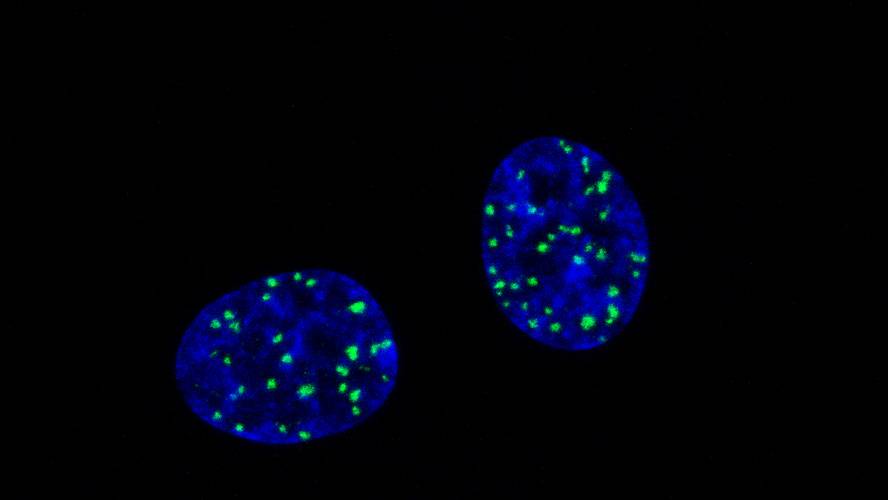A protein that reduces the effectiveness of chemotherapy is identified
A group of international researchers have identified a protein that resolves the fractures of chemotherapy in cellular DNA.
Chemotherapy consists of breaking the DNA of cancer cells and is critical to the treatment of many cancers. However, cells have some ability to resolve these fractures. In 2009, researchers discovered an enzyme that contributes to this mechanism: Enzyme TDP2. They have now taken another step and identified a protein that works before this enzyme. It is called ZATT and recreates the edges of broken DNA.
The discovery can be useful both to better predict the patient's response to chemotherapy and to increase treatment effectiveness. The research has been published in the journal Science.






